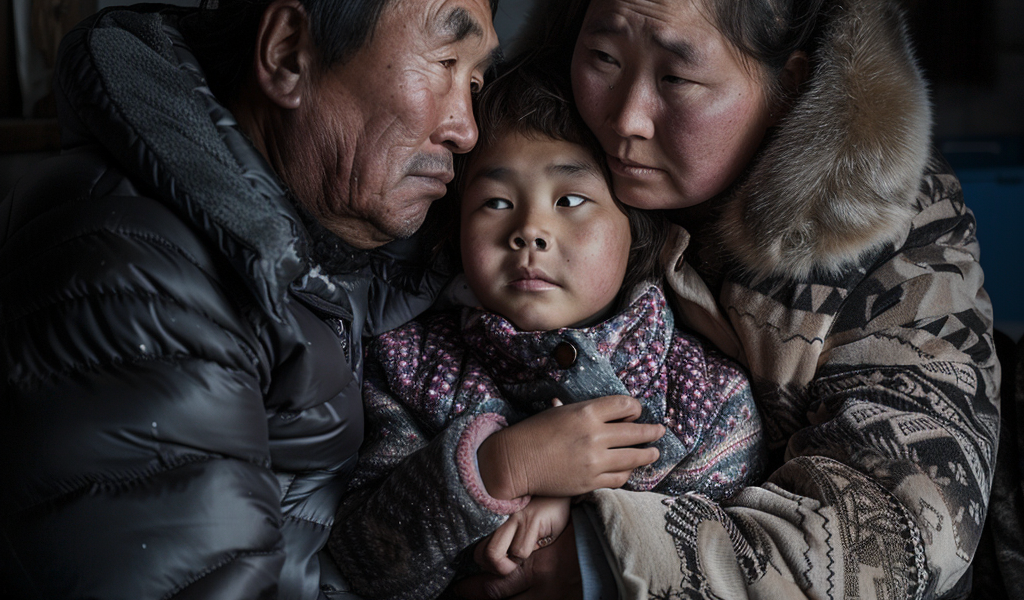Nunavut family speaks out after 8-year-old given tuberculosis medication intended for another child
A Nunavut family has spoken out after their 8-year-old daughter was mistakenly given tuberculosis medication intended for another child. The incident has raised concerns about the lack of communication and consent in the administration of the medication.
Jaffar Gebara, the father of the child, expressed his shock and disappointment upon discovering that his daughter had been receiving tuberculosis medication without their knowledge. The child, who was found not to have tuberculosis, received five doses of the medication over a three-month period during a screening clinic at Joamie Ilinniarvik School.
The family was only notified of the error in January, despite the doses being administered from October to December. Gebara emphasized that they were not informed or given any consent for the medication, and he felt let down as a parent.
According to Gebara, his daughter did not experience any immediate side effects from the medication. However, the incident has brought attention to the high rates of tuberculosis in Nunavut, particularly among Inuit communities, where the disease remains a significant public health concern.
An email from Iqaluit Public Health (IPH) manager Jenny Begin confirmed that the medication had been given to the wrong child. The manager acknowledged the error and stated that an internal investigation was conducted in consultation with the school and tuberculosis team. Gebara and his partner, Nicole Etitiq, expressed their disappointment at not being promptly notified by IPH and emphasized the need for better communication and transparency in such cases.
The family met with IPH, who offered a medical evaluation with the tuberculosis physician to address the incident. The case has sparked discussions about the importance of informed consent and communication between health authorities and parents in the administration of medication, especially in communities facing public health challenges.
The incident has raised concerns about the handling of medication administration and the need for improved communication protocols to ensure that parents are informed and involved in decisions regarding their children’s health.
As the family continues to seek answers and resolution, the case serves as a reminder of the importance of transparency and accountability in healthcare practices, particularly in regions with heightened public health concerns.





